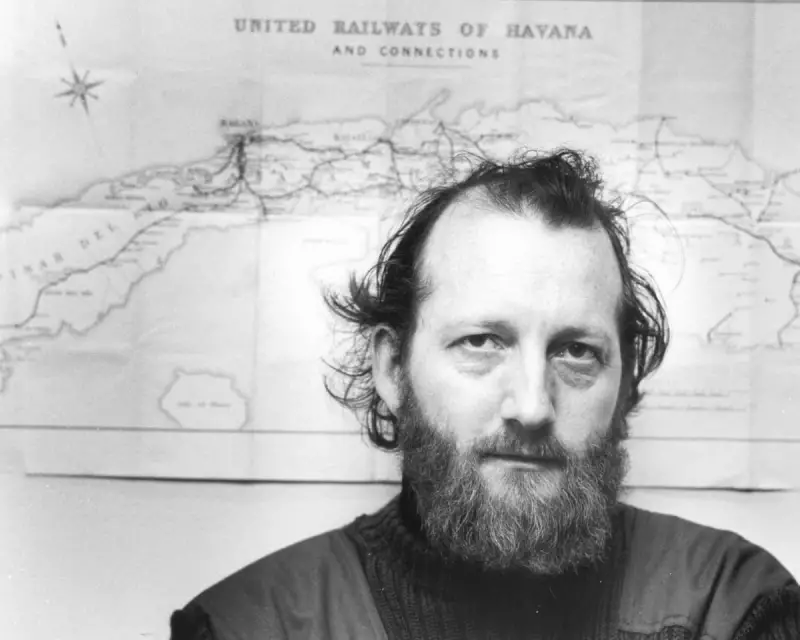
The world of journalism mourns the loss of Richard Gott, a formidable Guardian journalist and Latin America specialist whose uncompromising anti-imperialist perspective challenged conventional narratives throughout his remarkable career. Born in 1938, Gott passed away leaving behind a legacy that continues to influence foreign correspondence and left-wing political thought.
A revolutionary beginning
Gott's journalistic journey began in the 1960s with a baptism by fire - reporting from revolutionary Cuba during one of the most turbulent periods in modern history. His early experiences covering Fidel Castro's government forged the radical perspective that would define his entire career, setting him apart from his contemporaries in British journalism.
Mastering Latin American complexities
As the Guardian's Latin America correspondent throughout the 1960s and 1970s, Gott developed an unparalleled understanding of the region's political landscape. His coverage extended from Che Guevara's final campaign in Bolivia to Salvador Allende's socialist government in Chile, providing British readers with insights they couldn't find anywhere else.
His expertise wasn't limited to reporting - Gott authored several influential books including "Guerrilla Movements in Latin America" and "Britain's Empire," establishing himself as both a journalist and serious academic historian.
The controversy that defined a career
In 1994, Gott's career took a dramatic turn when the Sunday Telegraph revealed he had accepted travel expenses from the Soviet Union decades earlier. Though the Guardian stood by him, the revelation prompted his departure from the newspaper where he had served as literary editor.
This controversy, rather than ending his influence, instead cemented his reputation as a journalist unafraid to operate outside establishment boundaries.
A lasting intellectual legacy
Beyond his newspaper work, Gott co-founded the influential journal Third World Quarterly and continued writing for publications including the New Statesman and Tribune. His critical perspective on British foreign policy and imperialism remained sharp and relevant throughout his life.
Remembering a radical voice
Richard Gott's passing marks the end of an era in British journalism. He represented a breed of foreign correspondent who didn't just report events but engaged deeply with the political ideologies shaping them. His work challenged readers to question comfortable assumptions about Britain's role in the world and provided a crucial counter-narrative to mainstream media coverage of international affairs.
Though his methods and associations sometimes courted controversy, his commitment to anti-imperialist principles never wavered, leaving an indelible mark on British journalism and left-wing political thought.





